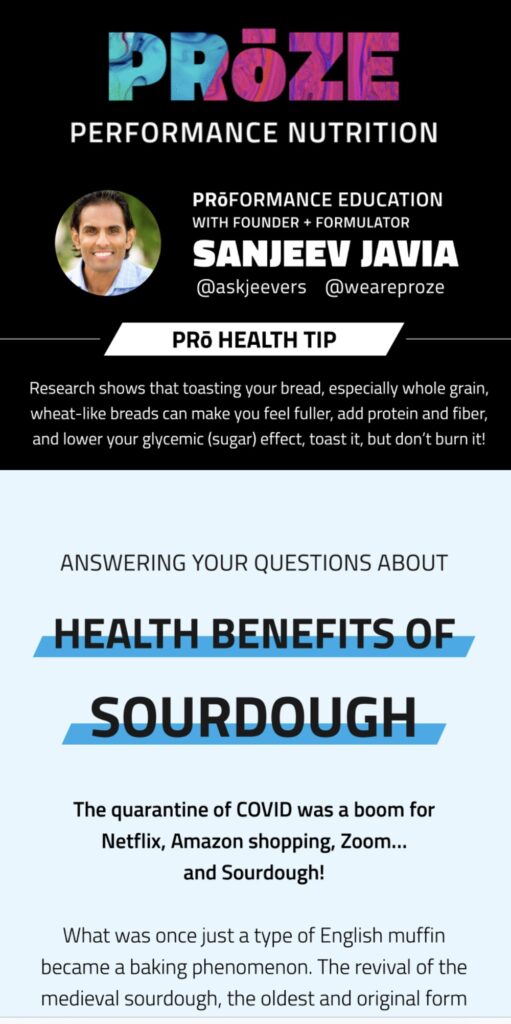The large and small intestine together run about 28 feet. This long, seemingly never-ending tube hosts100 trillion organisms that govern a range of activities that are key to the overall health of your immune system. Matter of fact, it is estimated that 75% of your immune system’s health is found in your gut health.
Your gut is responsible for everything ranging from digestion, the absorption of nutrients, the breaking down of hormones, the production of Vitamin K, to housing the enteric nervous system (aka your second brain – hence “gut feeling”)
Your gut health is directly correlated to your heart, brain, and immune health, as well as playing a vital role in obesity and autoimmune diseases. If you’re an athlete, or a weekend warrior- make no mistake, your gut health affects your performance as well. Bottom line (pun intended!), if your gut doesn’t work, you don’t work!
While gut health is a HUGE topic, I want to focus on one aspect that I address with my professional and corporate athletes: Digestive enzyme deficiency. Digestive enzymes breakdown food particles to allow absorption. They are produced by glands in the salivary glands, stomach, pancreas, and on the walls of the small intestine. The parasympathetic nervous system (the rest and digest system) promotes these digestive enzymes release. The sympathetic nervous system (flight, fright, and freeze) reduces their release, and also takes blood away from the gut. A double whammy! Ideally sympathetic and parasympathetic nervous system activity should be balanced and timely.
When we are stressed – physically, emotionally or psychologically, we are in a state called sympathetic dominant. So, if you travel a ton, constantly train, suffer from anxiety, feel lonely, are depressed, or aren’t sleeping, the sympathetic nervous system is in full gear. In this state, your physiology isn’t making digestion a priority and you are likely to produce less enzymes than you need. To make matters worse, most of us eat when we are stressed! You can see how bad of a combination this is.
If that sounds like you, you are probably thinking, “Okay, how do I know if I’m not digesting my food or lack enzymes?”
Here are three OBVIOUS symptoms –
•You get acid reflux shortly after eating
•You see undigested food particles in your stool
•You have chronic bloating and gas within an hour of eating.
SO….
What does it mean if I don’t fully digest food?
Well, partially digested food leads to less nutrients being absorbed, which leads to less building blocks for recovery and repair. The partially digested food is fermented by the gut’s bacteria which can lead to small intestine’s bacterial overgrowth, candida overgrowth, micro-biome imbalance, inflammation of the gut, all of which form the foundation for Leaky Gut Syndrome. LGS, is when undigested/partially digested food particles and bacteria cross from the gut into the bloodstream and create chaos for the immune system.
Got it Doc, what can I do to improve gut health? Here are four things to try:
-
- Box breathe before every meal. Inhale for 5 seconds, hold for 5 seconds, exhale for 5seconds and hold for 5seconds. Repeat for 5x. This calms down the sympathetic and stimulates the parasympathetic.
- Don’t drink water with your meals – it will dilute the little acid you make.
- Supplement with digestive enzymes 30 mins before meals.
- Sleep! It’s the best way to help you reduce inflammation and reset the nervous system.
Any blog content is based on our research and opinions and does not claim professional accuracy. The information and products contained on this website have not been evaluated by the FDA and are not intended to diagnose, treat, or cure any disease. You are advised to consult with your health care provider prior to use.




